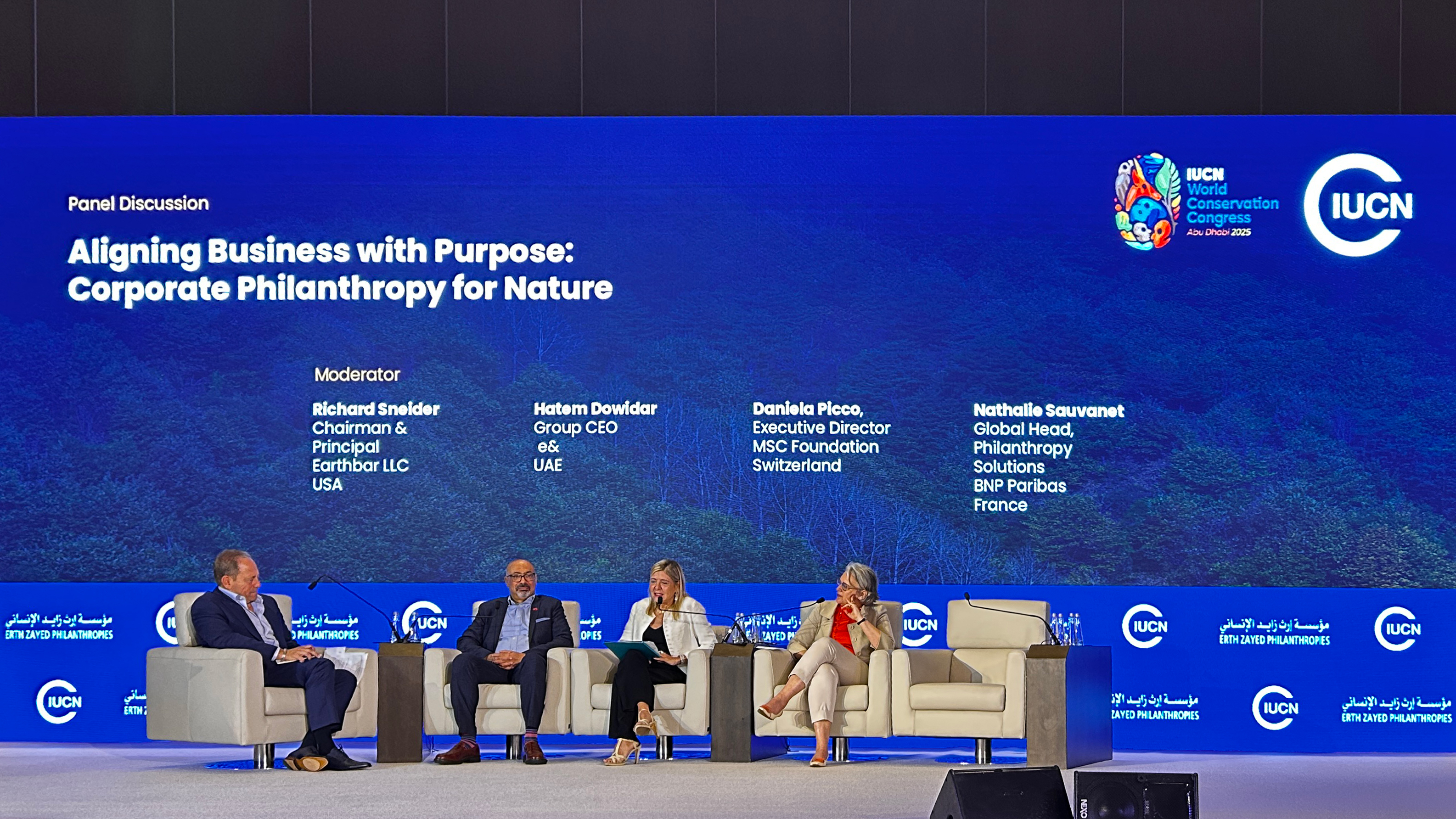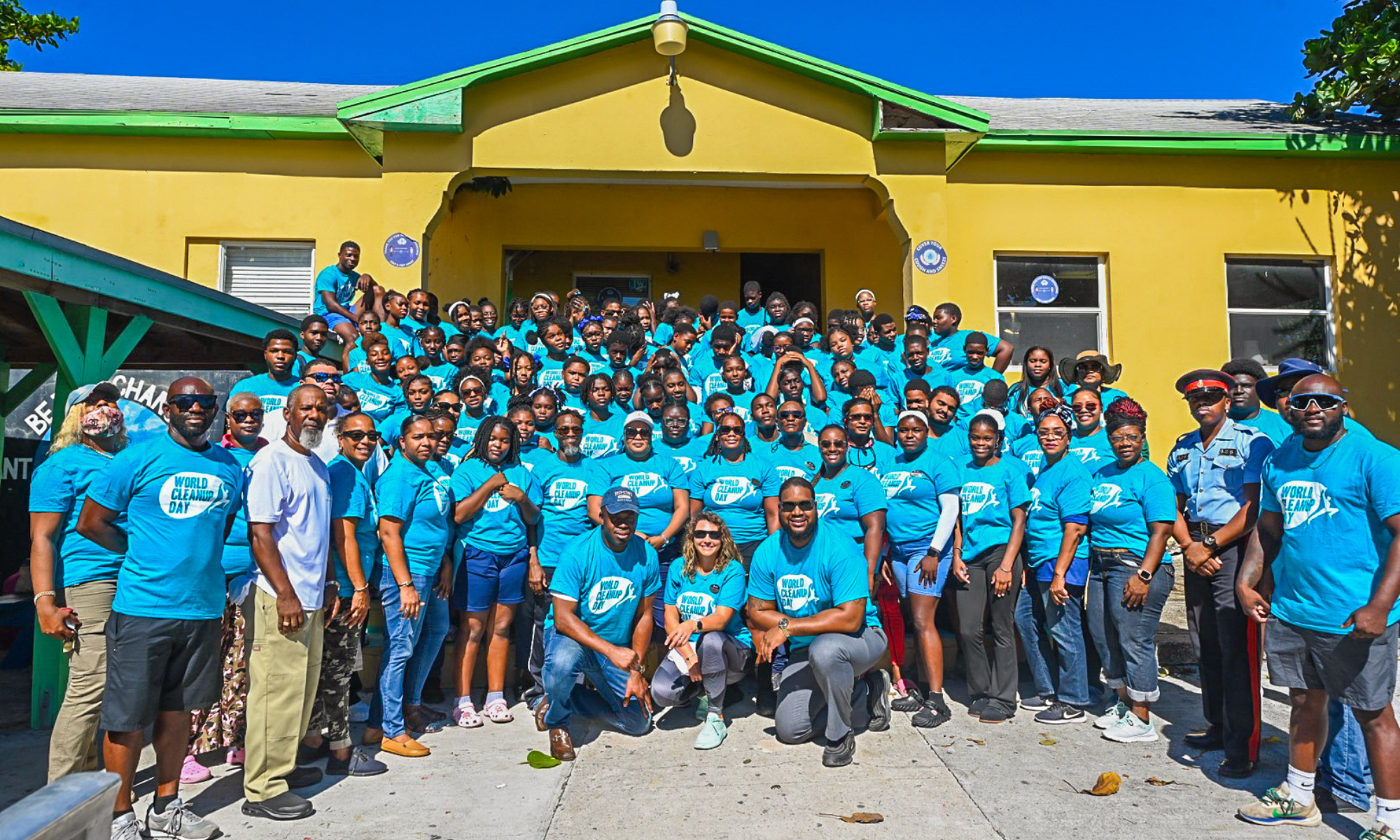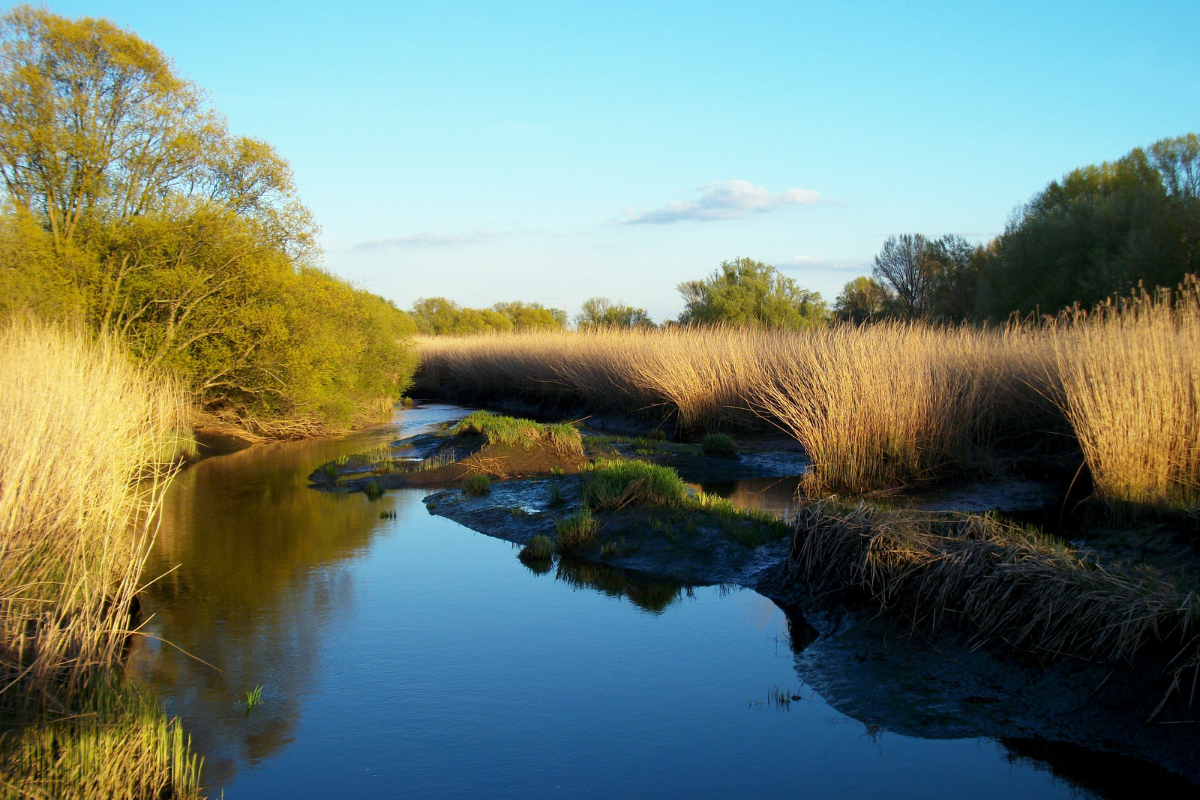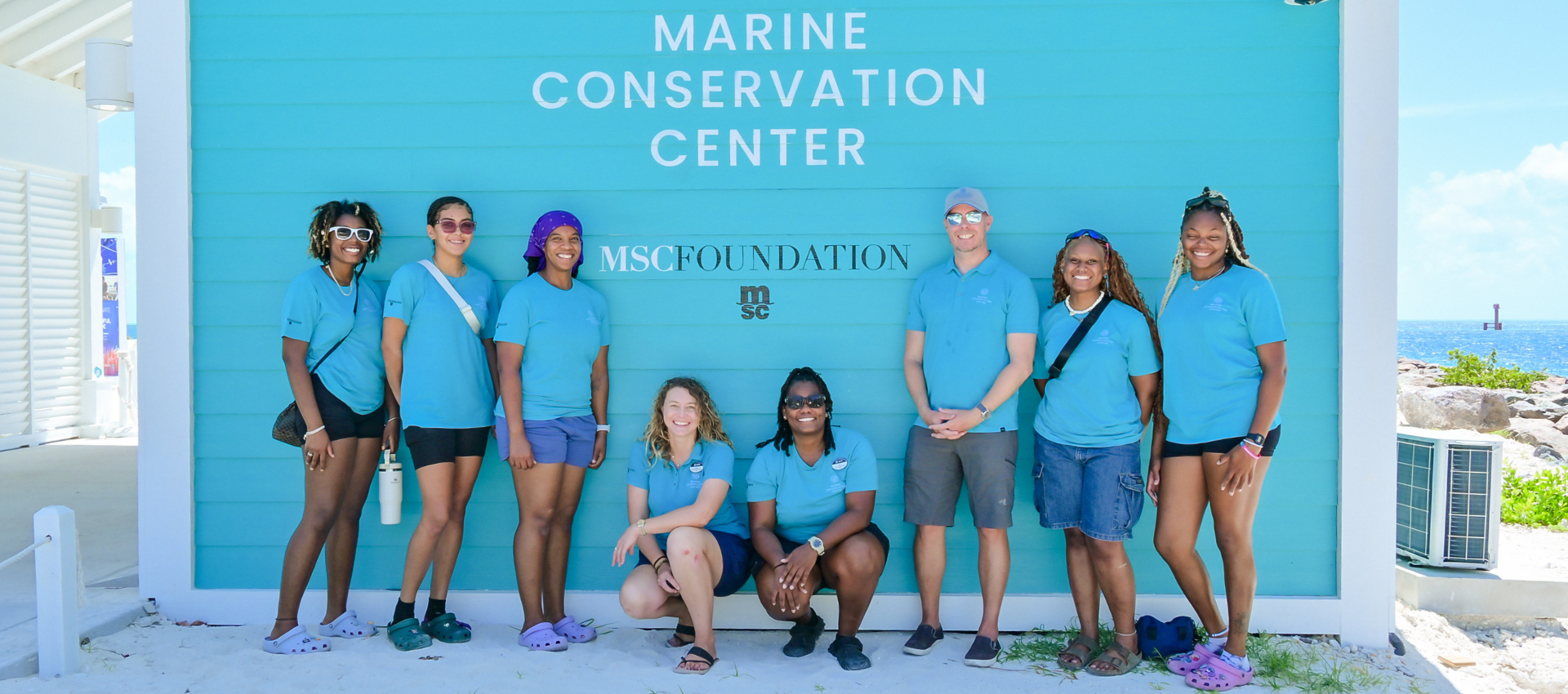First coral nurseries completed at Ocean Cay
The MSC Foundation’s flagship Super Coral Programme takes a big step forward as its first coral nurseries are established
Focus Area: Marine Conservation
The MSC Foundation recently achieved a series of crucial marine conservation milestones thanks to its strategic partnerships with Nova Southeastern University and the University of Miami, enabling the Super Coral Programme in The Bahamas to make important progress. One of the most significant achievements was the installation of our first coral nursery at Ocean Cay in December 2022.
Setting the ball in motion as part of the second year of the research programme on Ocean Cay, graduate interns from Nova Southeastern University and the University of Miami, led by Dr. Joana Figueiredo and Dr. Chris Langdon, made real progress in developing scientific approaches to test the thermal tolerance of corals, and in identifying specific coral genotypes that are most likely to survive future climate change. The efforts of our interns were also focused on describing coral larval survival rates and dispersal patterns – critical information that can help us identify the best locations on a reef to restore for widest ecological benefit.
In the meantime, the MSC Foundation obtained the Marine Research Permits required to establish a coral nursery for the critically endangered Elkhorn coral. We were delighted to welcome our hardworking interns Ryan Chabotte from Nova Southeastern University and Nicole Brito from the University of Miami to help our Marine Research Programme Manager Dr. Owen O'Shea set up the programme’s first coral nursery trees in a location ideally suited for coral growth 1.5 miles southwest of Ocean Cay.
A coral nursery is a structure designed to maximise the growth of coral fragments, which once they have reached a specific size, can be directly out planted on to native reefs at the site designated most suitable for ecological restoration.
Professor David Smith, a leading marine biologist specialising in coral reef systems and Chief Scientific Advisor of the MSC Foundation Advisory Board explained: “The research at Ocean Cay will identify the best coral species and coral populations to use in our restoration efforts to increase the biodiversity and long-term resilience of coral reefs. Without this research or direct conservation action, it is highly likely that we will lose most of the coral reefs around the world and that society will have to face a future without them.”
Commenting in detail on the work, MSC Foundation Marine Research Program Manager Dr. Owen O’Shea, added: “Our permit from the Government of The Bahamas allows us to work with two species - elkhorn and staghorn coral - both of which are critically endangered, having suffered huge regional declines of up to 80% in the past three decades. This means they are now incredibly difficult to find. We have only been able to locate elkhorn coral so far, after many hundreds of hours of searching, so this has been our primary focus to date. The nursery is located 1.5 miles SW of Ocean Cay so we can ensure its success in an environment already populated naturally with coral species”.
Our Super Coral Programme is at the beginning of a long journey to restore Ocean Cay’s corals, but the work now ongoing leaves us optimistic about the future of marine conservation in this critical ecosystem.
Latest News




